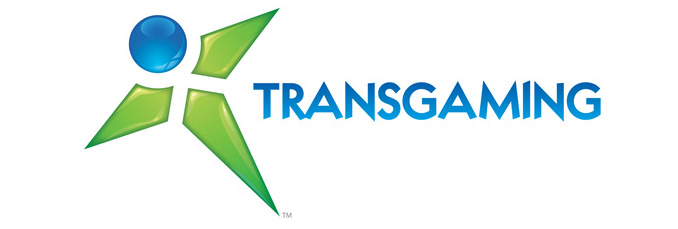NVIDIA Acquires Game Porting Group & Tech From Transgaming
While NVIDIA’s core businesses and gaming have been inseparable since the start, it’s only relatively recently that NVIDIA has become heavily involved in game creation itself, and not just supplying the hardware that games are played on. The launch of the company’s Tegra ARM SoCs, their SHIELD product lineup, and the overall poor state of the Android gaming market has led to the company investing rather significantly in bringing higher quality games over to SHIELD and Android devices. This has culminated in NVIDIA paying for the Android ports for a number of games, some of the most famous including the Android ports of Valve’s Half-Life 2 and Portal.
Meanwhile with the launch of the SHIELD Android TV, NVIDIA is essentially doubling-down on Android gaming as part of their efforts to become the premiere Android TV set top box. And now as part of those efforts, the company has announced that they are acquiring the Graphics & Portability Group (GPG) from game tool developer Transgaming.
Transgaming is best known for their work developing Cider, a WINE-derived Windows compatibility layer used to quickly port Windows games over to OS X. With the rise of Apple’s fortunes and the move to x86, Transgaming has been responsible for either directly porting or supplying Cider to developers to bring a number of Windows games over to OS X. However in a blink-and-you’ll-miss-it moment, back in March of this year the company announced that they were also going to get in to using their technology and expertise to port games over to architectures, partnering with NVIDIA to bring Metal Gear Rising: Revengeance to SHIELD Android TV.

NVIDIA's SHIELD Console: The Reason For The Acquisition
Now just 3 months later NVIDIA is acquiring the GPG outright from Transgaming. This acquisition will see the group open a new office in Toronto, while structurally they are folded into the NVIDIA GameWorks division. And although NVIDIA doesn't state what precisely they intend to do with the group and its technology beyond the fact that the “acquisition will enrich our GameWorks effort,” it’s a safe bet that NVIDIA intends to do more game ports for their SHIELD devices. Given their existing (if short) relationship, the acquisition is not too surprising, however it is a bit interesting since the bulk of the group’s experience is with porting games among different x86 OSes, not porting games to new architectures entirely.
As for Transgaming, having sold the GPG to NVIDIA, the company has retained their SwiftShader (software 3D rendering) technology and their GameTree TV business. Transgaming has indicated that they are going to focus on providing apps for the Smart TV market, which they see as a greater growth opportunity than porting games.

Games Published By Transgaming GPG On the Mac App Store
Finally, while this acquisition will undoubtedly be a big deal for NVIDIA’s efforts to bring more major games to SHIELD, perhaps the more profound ramifications of this deal will be what it means for Mac gaming. Though NVIDIA doesn’t definitively state what they will be doing with Cider, the fact that they have their own platform to worry about certainly gives pause for thought. There are a large number of games that have received native Mac ports over the years, but Cider has still been used in everything from Metal Gear Solid to EVE Online. If Cider becomes unavailable to developers, then this may cut down on the number of Windows games that get ported to OS X, especially those games where marginal sales may make a native port impractical. In either case with this acquisition NVIDIA seems to have co-opted a lot of the technology and relationships behind Mac game porting, which should be a boon for their SHIELD platform.


